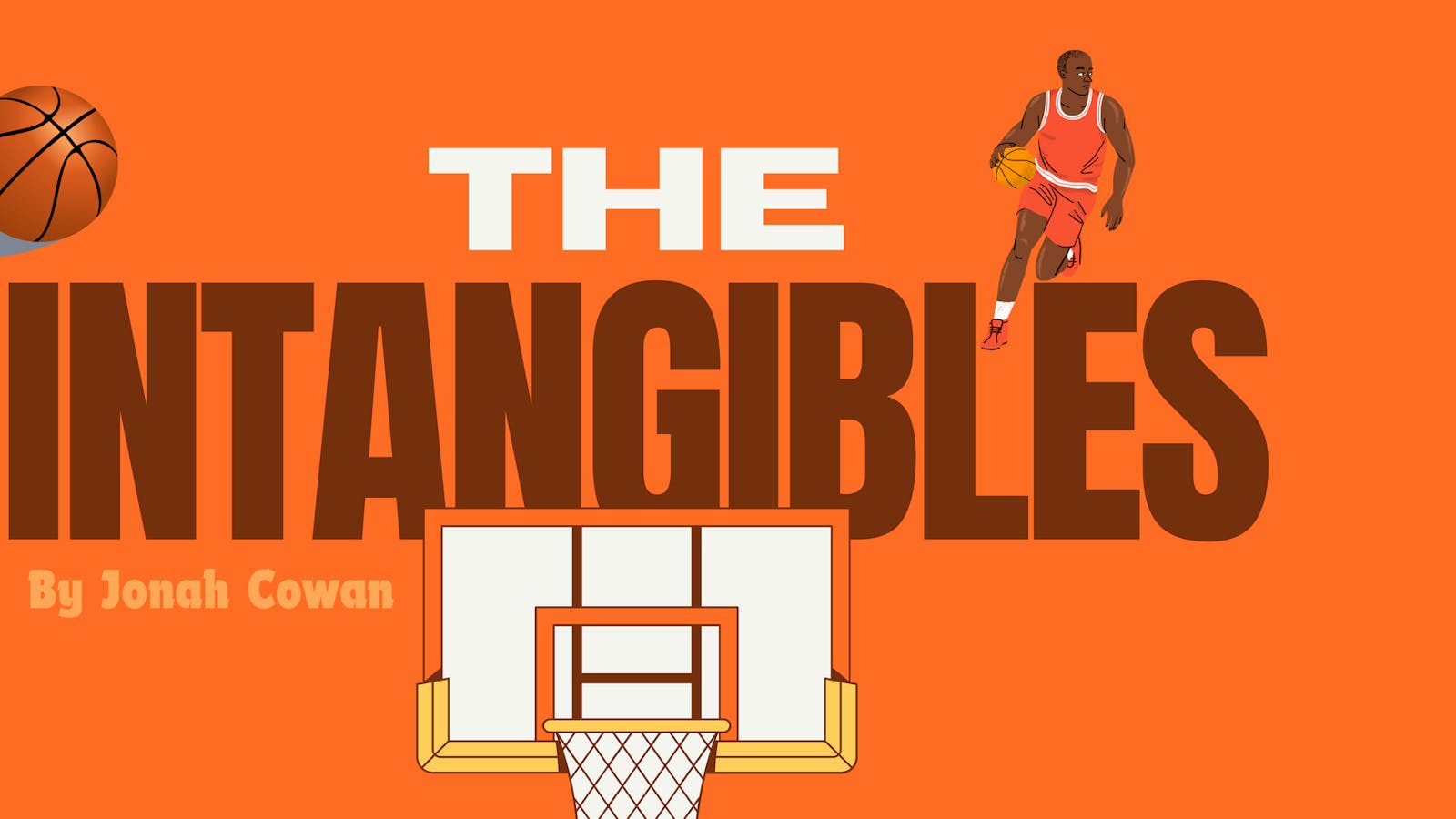Ben Simmons was one of the most talented basketball players of his generation. He was so talented that he sleepwalked to the first pick in the 2016 NBA draft off raw talent alone. He was so talented that he was an All-NBA Third Team Player in 2020. He was a genuinely elite NBA player.
But for all Simmons possessed in talent, he lacked tenfold in his intangibles.
Simmons’ character was never a mystery to those deeply acquainted with him. Signs showed themselves early on in his career, both before and during his poor-performing season at Louisiana State University. But his character somehow didn’t dissuade the Philadelphia 76ers from drafting him first overall, despite leading league executives questioning his perseverance and dedication.
But nobody could have seen what these observations would foreshadow. Simmons refused to shoot the ball during games, even though he was clearly capable of hitting shots when nobody was watching. He had terrible lapses in key moments during the Sixers’ 2021 playoffs loss to the Atlanta Hawks, an experience that seemed to break him spiritually. But what Simmons did afterwards augmented his shame and crystallized it: He refused to communicate with the organization about his mental health issues and ignored the basic contractual obligation of showing up to meetings, games and practices. Amidst this chaotic backdrop, he never figured out his jump shot, and over his last three active seasons, back ailments destroyed whatever elite talent remained.
Simmons has suffered from the worst case of performance anxiety seen in professional basketball. Now, the latest news of his career has broken. Last Thursday, NBA insider Mark Stein reported that Simmons parted ways with his agent Bernie Lee. Tuesday, it was revealed that Lee fired Simmons after he refused a contract offer from the New York Knicks. Seemingly, Simmons now intends to retire and has no interest in playing basketball.
During my sophomore year Intro To Ethics class with David Denby, we discussed whether or not we have a moral obligation to maximize our talents. My gut was — and still is — that we are. Yet I still feel the emotional weight of Professor Denby’s question, because I realized simultaneously how difficult it actually is to maximize your talents and how easy it was to impose standards on others that you yourself cannot follow. And for this reason I can think of Simmons as a failure while recognizing the sheer difficulty of the transformation we expect from him as somebody endowed with elite talent. The parasocial nature of sports fandom shouldn’t obscure that it can be impossibly hard for some people to overcome mental blocks under immense pressure.
But the thing with Simmons was that he had already developed the majority of his basketball game — he could just never find the last few pieces. We may not be NBA players, but we all have potential that could bear great fruits if we give it the water and sunlight necessary to grow. And where we don’t have ability, fear often lies — and this is what lies between us and our goals; we must learn to overcome it.
Developing fearlessness is the intangible of life and basketball that makes or breaks some of us, and it broke Ben Simmons before he could reach his potential.

